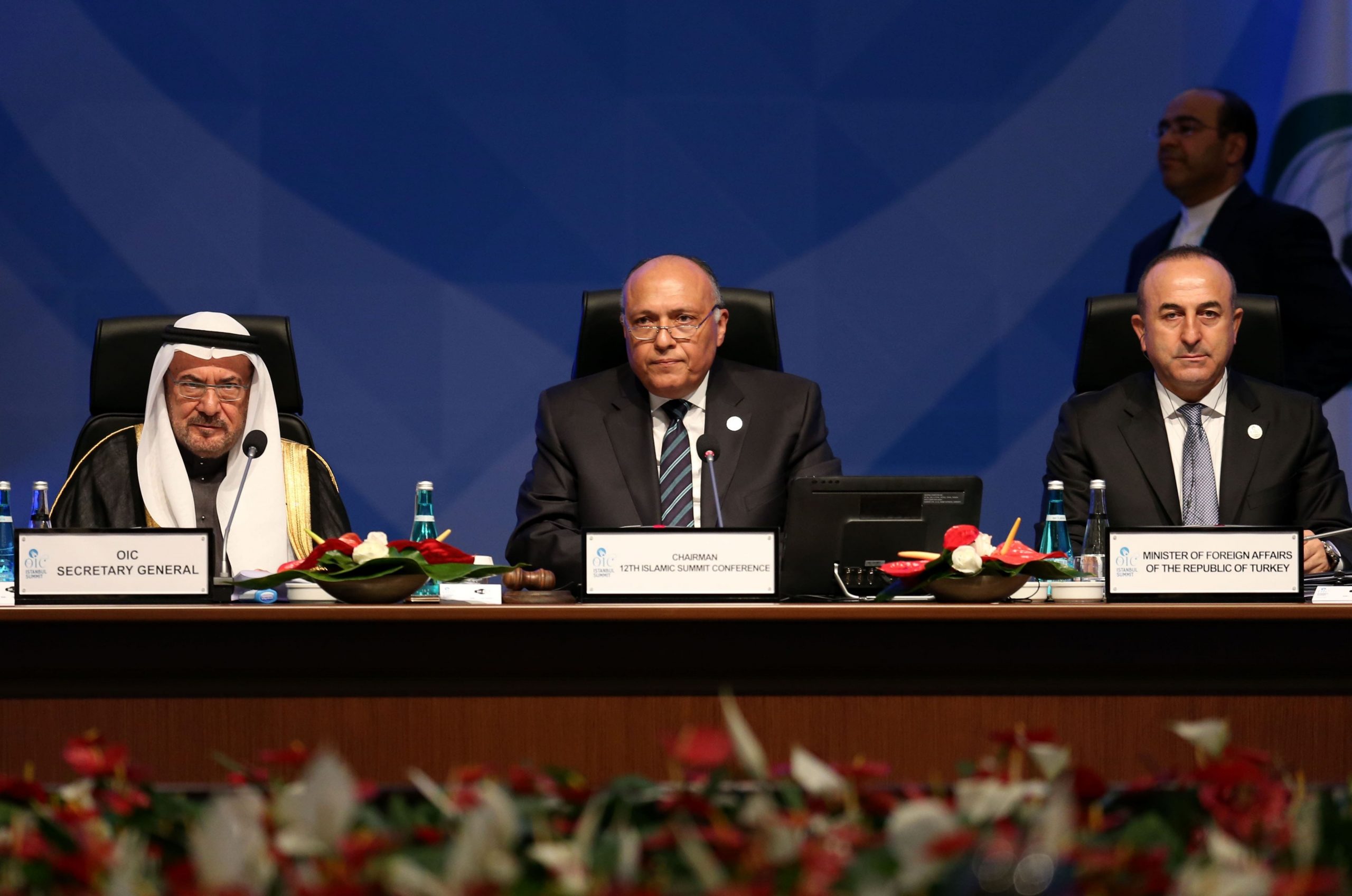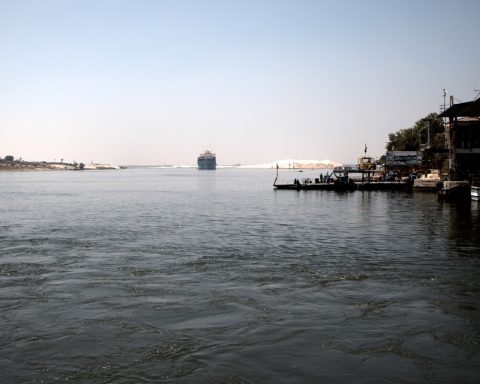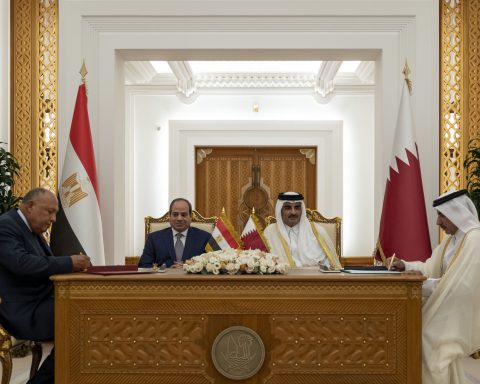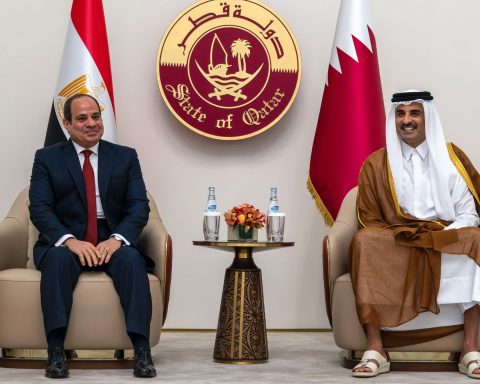After years of estrangement between two of the major regional actors in the Middle East, the latest indications suggest a possible rapprochement between them. Since the July 2013 coup in Egypt, the two sides have been colliding; as the rivalry between them reached the point of being on the verge of a proxy war on Libyan soil. Can they reach a common ground in that zero-sum conflict? It is still too early to tell.
Since the Arab revolutions, Ankara has sided with the desires of the Arab peoples and their right of democracy, despite the high price that Turkey incurred as a result. Since then, the value-based Turkish foreign policy has become an integral part of its image in the region. Then the shift in the relationship between Egypt and Turkey has occurred after mutual exchange of goodwill signs. In its accord with Libya, Ankara gave more maritime size for Cairo than in its agreement with Greece. Egypt responded with respect to the Turkish continental shelf in a new tender for energy exploration.
Although there are common interests between Ankara and Cairo, there are still many obstacles on that long road. The most important of these obstacles is the extent of independence of Egyptian decisions and the rationality of its foreign policy-making process. Egypt is dependent on its Gulf allies, who deposited $30 billion to the Central Bank of Egypt, which contributed to the consolidation of the coup, and they are the makers of coalitions as they are the makers of El-Sisi as the President of Egypt.
Hence, the question arises: Can the Egyptian decision-making process free itself from the Gulf’s domination, especially after Abu Dhabi, which is widely viewed as the Gulf decision-maker under the leadership of Mohammed bin Zayed, turned toward Israel, not only in the processes of normalization between the two countries, but also in an expanded partnership in a number of strategic projects with Tel Aviv, especially in the field of energy.
Also, Cairo, as the headquarters of the Eastern Mediterranean Gas Forum, grants it a regional importance in the energy alliance between Egypt, Israel, South Cyprus, and Greece, while changing its compass into coalition with Turkey will represent the factual end of that forum. So far, one of the most important goals of Abu Dhabi is still containing Turkish political influence, as Ankara represents a viable democracy with moderate political Islam that can be a model for the region, which, in turn, represents an existential threat to its regime and the tribal structure of the Gulf region. These goals diverge with Cairo, which considers political Islam as its staunch enemy and as a real threat to the authoritarian military regime in Egypt.
Cairo is now at a crossroads: either it continues to align itself with Abu Dhabi in its attempt to contain political Islam and Turkey’s democracy model, or to achieve its interests with Turkey that Abu Dhabi overlooked by concluding unilateral agreements with Tel Aviv in exporting Gulf gas and oil towards Europe. This would effectively mean bypassing the Suez Canal; regarded as one of the most important sources of foreign currency for Cairo, and also bypassing the Egyptian dream of being a liquified natural gas (LNG) hub in the region. Hence, the road towards reaching a comprehensive agreement between Cairo and Ankara, even if we avoid the points of contention, is still long and full of obstacles, especially when considering Cairo’s ability to make a radical shift in its network of alliances in the Middle East and beyond.














